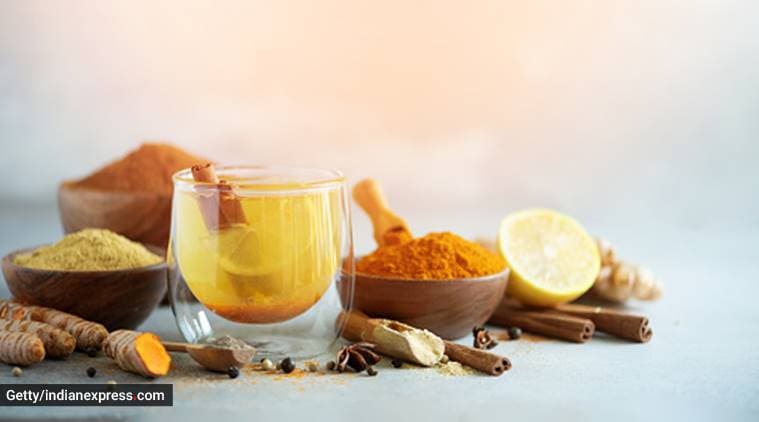Ayurvedic nutrition tips for new moms: Better lactation and other benefits
Let’s take a look at some of the most recommended nutritional secrets for new mothers that address common concerns at both the physical and psychological levels.
 Postpartum nutrition is crucial because the mother’s nutrition is the only source of nutrition for the child too. (Source: Getty Images)
Postpartum nutrition is crucial because the mother’s nutrition is the only source of nutrition for the child too. (Source: Getty Images)
By Dr Partap Chauhan
The euphoria of childbirth often engulfs the family so much so that health and nutrition of the new mom takes a backseat. Postpartum nutrition is crucial because the mother’s nutrition is the only source of nutrition for the child too. The onus of replenishing the mother’s nutrient store falls on the family members, caregivers and the spouse, but most importantly on the mother herself.
Let’s take a look at some of the most recommended nutritional secrets, according to Ayurveda, for new mothers that address common concerns at both the physical and psychological levels.
Herbs for better lactation
Scanty milk formation is a common concern with many new moms. Hormonal imbalance, stress or nutritional deficiencies could cause this. Ginger, garlic, fenugreek and Peppily Muul (root of Pippali) have been recommended as a remedy to this issue. Here is a simple recipe from the scriptures.
Ayurvedic Recipe: Ginger-Jaggery Pops: Take 1 teaspoon jaggery in powdered form. Mix 2 pinches of ginger powder, 2 pinches of turmeric and mix everything well with 1teaspoon of ghee. If you can get Panchkula Ghee, nothing better, this is infused with the properties of 5 herbs. Otherwise a good quality A2 ghee or homemade ghee will also do. Mix everything consistently, make small balls the size of M&Ms and take it 2-3 times a day.
Read| Strengthen your child’s second brain, the Ayurveda way
Helping the uterus reshape itself
Pregnancy leaves a void in the body which increases the amount of Vata/Vayu in the body. Primarily, this void exists in the extended uterus which takes about 6-8 weeks to go back to its original shape. Also, the perineum is usually sore and swollen for a week or two after delivery. Minimizing Vata Dosha with a proper diet and lifestyle helps with both of these aspects. Diets need to be uniquely prepared according to your body type, but as a general rule of thumb, consume freshly cooked warm meals that have moist, sweet, nourishing qualities. Also, you can take sour items. Include generous amounts of ghee, milk, fruits, grains, nuts and seeds in your food. Try avoiding radishes, turnips, bitter melon, kale, eggplant, and all beans for at least a few months after delivery.
Ayurvedic Recipe: Ashwagandha-Cardamom Tea: Ashwagandha and Cardamom are both great for managing Vata Dosha. Take 1 teaspoon of Ashwagandha powder and a pinch of cardamom powder and boil it in a cup of hot water. Strain and add honey once the tea has come to room temperature. Drink this twice or thrice a day.
Managing postpartum constipation
The problem of increased Vata begins during pregnancy and may last long after childbirth. In addition to being the cause of body pains, aggravated Vata is also connected with constipation, as per Ayurveda. Also, during the first few weeks, bowel movements are a challenge in itself because of the sore perineum. You can help yourself by replacing your caffeine-based drinks with Ayurvedic teas.
Read| 13 simple home remedies for your child’s stomach ache
Ayurvedic Recipe: Triphala Tea: Triphala, made with three fruits: Amla, Haridra and Bibhitaki is an excellent natural laxative and helps reduce Vata. You can easily get Triphala Powder from herbal chemists. Add one teaspoon to 2 cups of water and boil until it has reduced to half. Strain, let it cool, then add 1 teaspoon honey and sip away! This is best taken at night 20 minutes after dinner. You can also take a glass of lukewarm milk and add 2 teaspoons of ghee and drink 15-20 minutes before bedtime.
(This is not a substitute for medical opinion. If you experience any health issues, do remember to consult a medical professional.)
(The author is director of Jiva Ayurveda, an author, public speaker and Ayurvedacharya.)




- 01
- 02
- 03
- 04
- 05


























